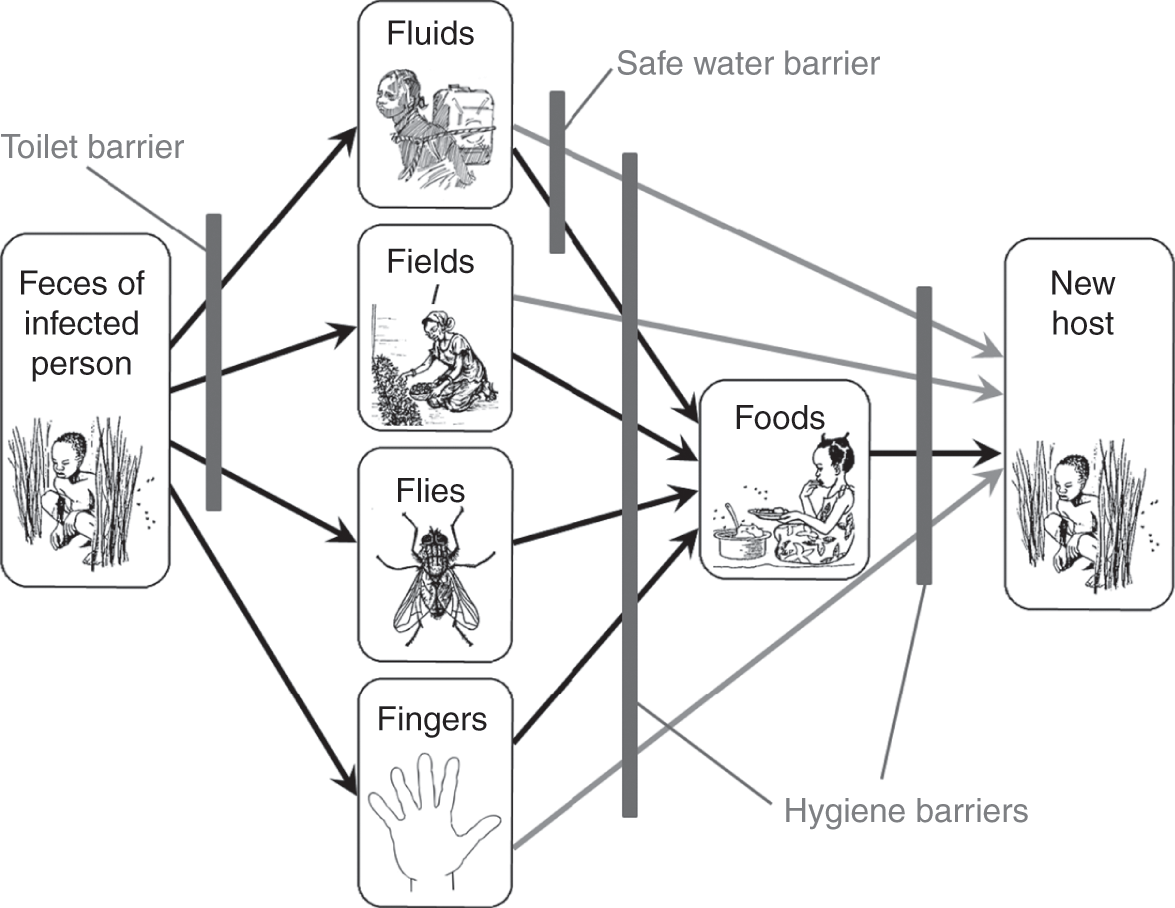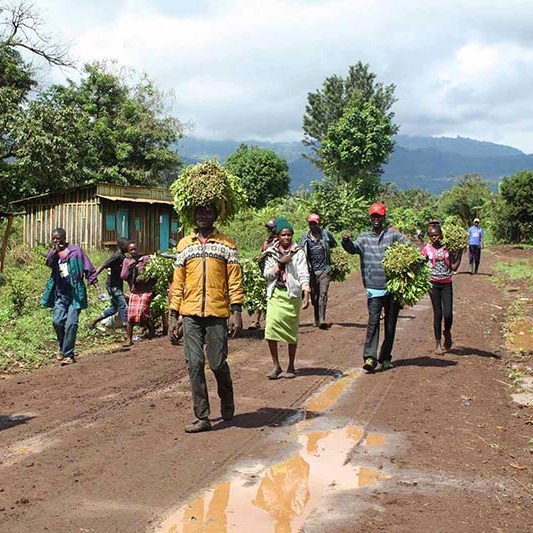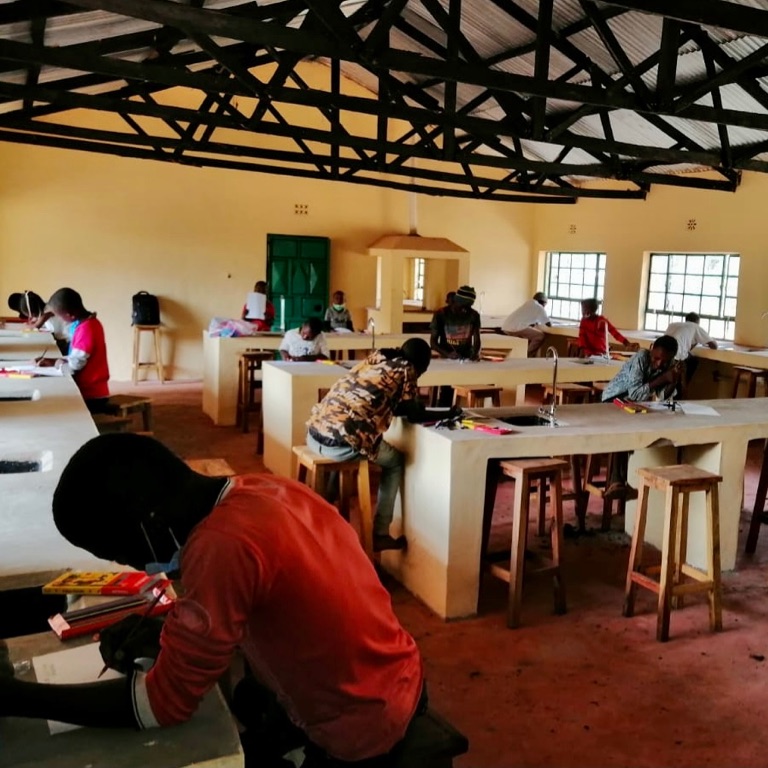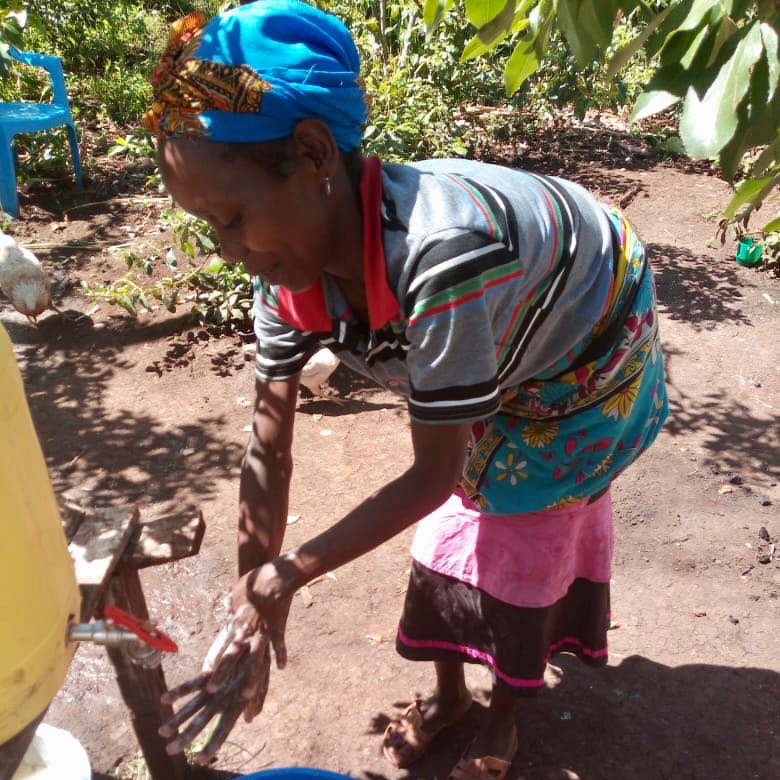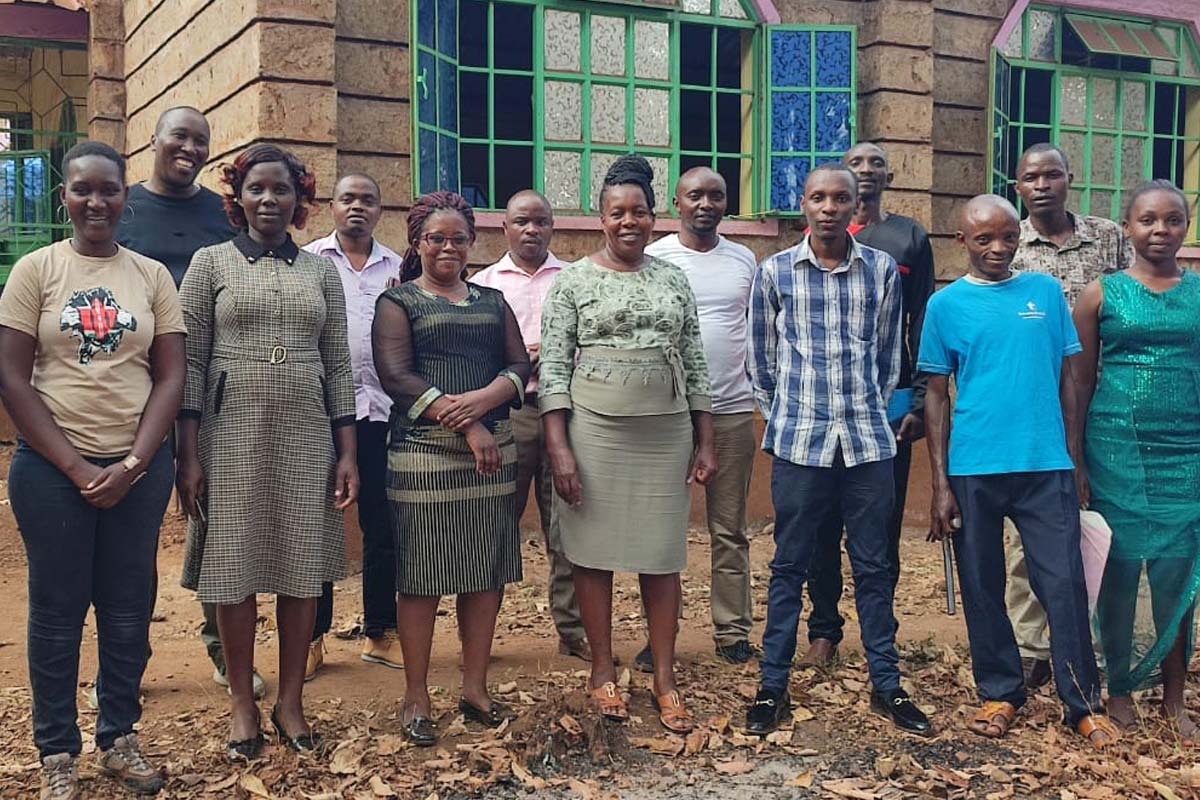
Teachers Wash Training
Initiating sustainable behaviour change to improve WASH services requires full understanding of; the existing situation, the barriers to improvement and the available resources. Kanjoo community has long suffered from diverse waterborne diseases such as amoeba, typhoid, cholera, and diarrhoea. With the continued commitment by THI to fund construction and improvement of WASH infrastructure in its partner school, education on WASH was deemed extremely crucial to trigger behaviour change.
With that in mind, The Hummingbird Initiative funded a 3 day training of 12 teachers fromits partner schools. The training was conducted by public health officers. The following areas on WASH were covered; water safety, waterborne illness, sanitation, demos on tippy taps and VIP latrines, personal hygiene, hand-washing, menstrual health and school health clubs . To conclude it all an action plan for dissemination of the gained knowledge was formulated, where teachers were urged to collect baseline data to form the indicators for assessment of the project.
Key points learned included:
- Toilets should be self-cleansing. No stagnating water/urine. Vent Improved Pit (VIP) latrines are highly recommended because they effectively control odour and flies.
- Soak pit is not recommended for kitchen water disposal. Kitchen water has oil and fats that form an impermeable layer on the stone hindering water percolation in the long-run.
- During mass de-worming in Kenya, cases have been reported where children defecate live worms. For your information, roundworm can grow up-to 1 meter long.
- A VIP latrine - Diarrhea, dysentery, cholera, and typhoid are caused by many kinds of germs carried by human waste, unsafe water, flies and insects, and on food. Did you know when you suffer from typhoid is a direct implication you ingested some human feces? Now you know.
- Hand washing is the single most important thing that you can do to help prevent the spread of infections and to stay healthy and well. Washing hands with soap and running water is a very effective way of reducing germs on our hands.
- Use of running water is recommended in approaching hygiene matters. Ever sat back and reflected on why you wouldn’t drink the stagnant water you used to rinse the cup while cleaning the utensils whereas you believe the cup is clean!
The 3-day training ended with a conclusion that to make a lasting change in behavior is rarely a simple process. It usually involves a substantial commitment of time, effort, and emotion. Teachers were thankful of the great knowledge and skills acquired. Madam Fedha, one of the teachers joked to have become a public health officer, with inspection of meat being the only skill she did not have. Just like the hummingbird teachers pledged to do the best they can.
